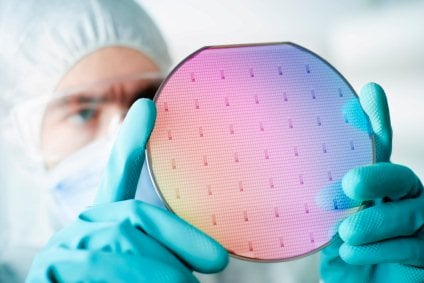UN Should Not Prohibit Use of Chemicals Vital to Semiconductor Manufacturing
Tuesday, Mar 10, 2015, 5:00pm
by David Isaacs, Vice President, Government Affairs
At a meeting in Vienna, Austria this week, a United Nations commission will decide whether to restrict the use of two chemicals of critical importance to the semiconductor industry under an international drug control agreement. In comments to the U.S. government, SIA outlined its strong opposition to the restriction of these chemicals and urged U.S. representatives to vote against it. SIA also has urged other governments to oppose this listing, and we have received support from the other semiconductor associations that are part of the World Semiconductor Council (WSC).

The two substances in question are gamma-butyrolactone (GBL) and 1,4-butanediol (BDO). GBL is a widely used industrial solvent, and in the semiconductor industry it has specific uses in antireflective coating, resists, and protective overcoats. BDO is an essential compound used to make GBL and other chemicals used extensively by the semiconductor industry. There are no known alternatives to these materials in our industry. Unfortunately, the World Health Organization (WHO) has determined that these substances may be diverted from legitimate uses to illicit drug use. As a result, they have proposed restricting these chemicals under an existing drug control agreement.
While there may be legitimate concerns about the diversion of these substances to illicit uses, the risk of diversion of chemicals from semiconductor manufacturing to illicit drug use is extremely low, and restrictions on these substances would be extremely disruptive to our industry. To protect the significant capital investment and intellectual property, semiconductor facilities employ extensive security measures. Access to semiconductor facilities is highly controlled. All employees and visitors must pass through security check stations. Chemical storage areas within facilities have additional levels of security control. In addition, the industry uses these chemicals in formulations, and it would be difficult to extract the substances from these formulations. In short, the current practices in place for handling and managing chemicals are appropriate and safeguard the legitimate and essential uses of these materials.
If the U.N. measure is approved, use of these chemicals would be restricted to certain scientific and medical uses, and the semiconductor industry would be prohibited from continuing to use the substances to manufacture semiconductors. SIA urges U.S. representatives to oppose this restriction and instead work to identify other appropriate means of regulating the chemicals in a manner that will not prohibit the legitimate uses of these materials in the semiconductor industry.